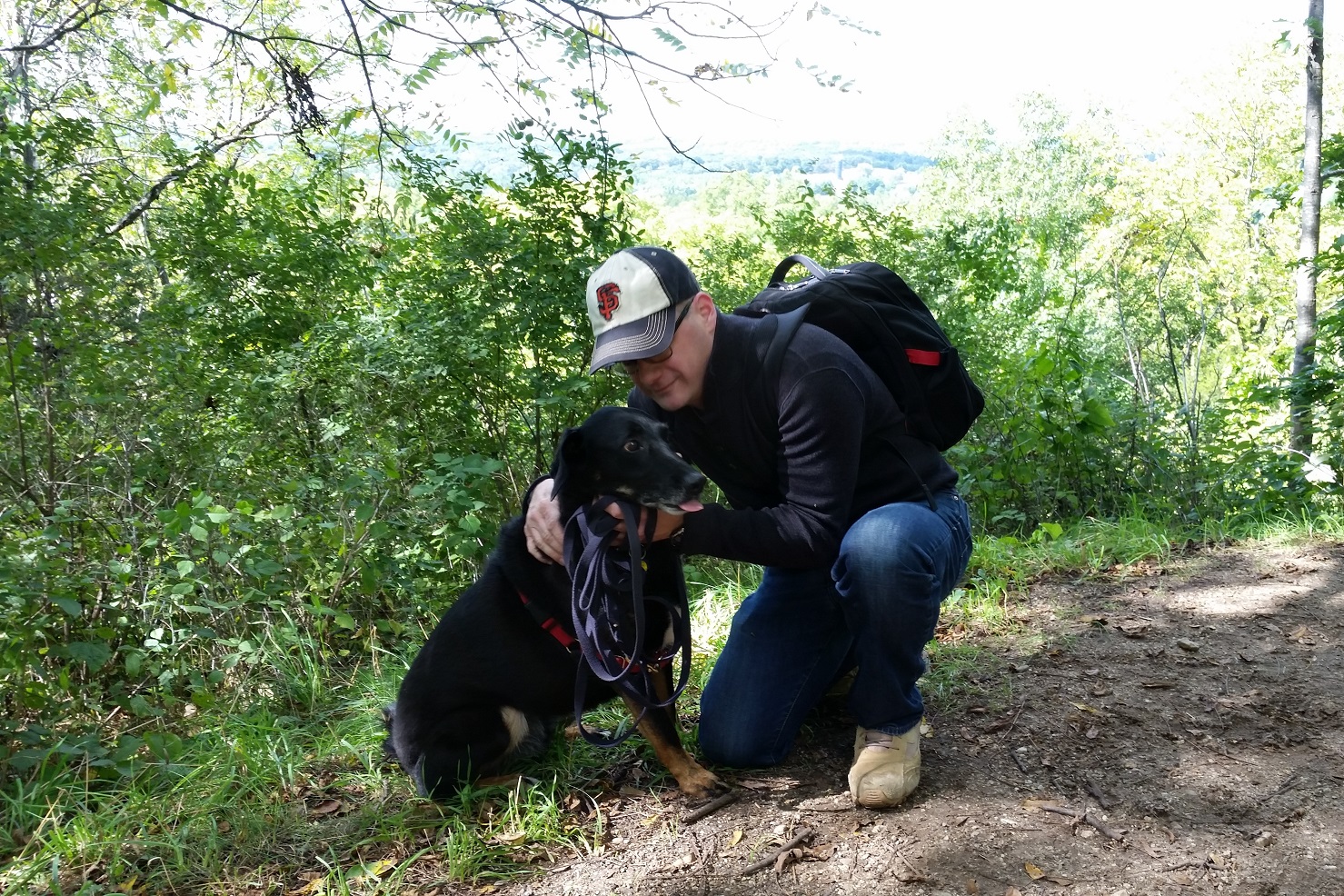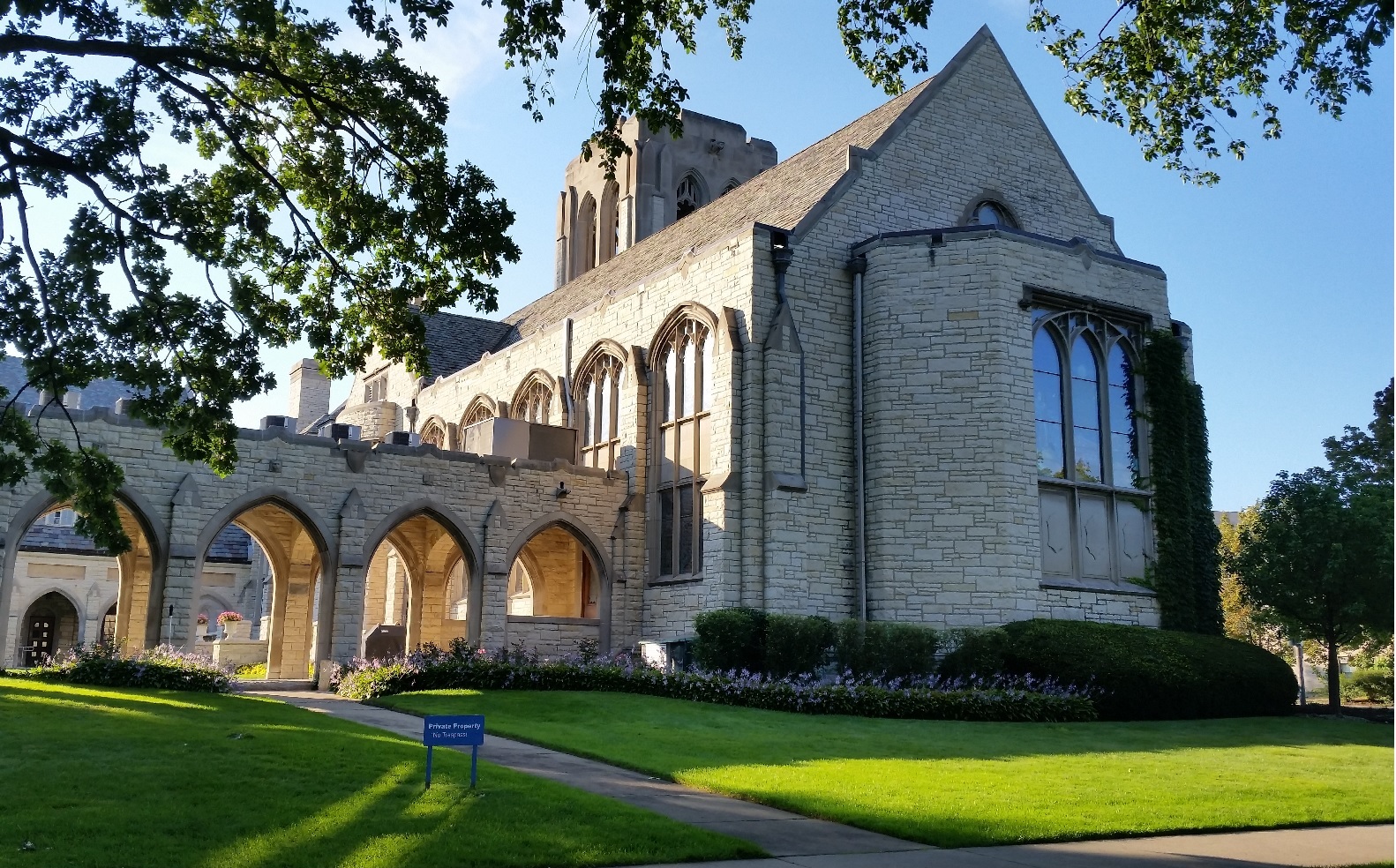A clear majority of Scots have rejected independence and elected to remain in the United Kingdom of Great Britain and Northern Irleand:
With the results in from all 32 council areas, the "No" side won with 2,001,926 votes over 1,617,989 for "Yes".
Scotland's First Minister Alex Salmond called for unity and urged the unionist parties to deliver on more powers.
Prime Minister David Cameron said he was delighted the UK would remain together and that commitments on extra powers would be honoured "in full".
Mr Cameron said the three main unionist parties at Westminster would now follow through with their pledge of more powers for the Scottish Parliament.
The Economist's headline: "Britain Survives:"
By a margin of 55% to 45%, and on a vast 85% turnout, Scots voted to stick with the United Kingdom on September 18th. Thereby they ensured the continuation of the nation state that shaped the modern world, one which still retains great capacity for good. They also preserved the British identity which over a third of Scots, English, Welsh and Northern Irish consider of primary importance. Had around 200,000 more Scots answered “Yes” to the question “Should Scotland be an independent country”, these precious attributes would have been damaged, or destroyed, and Britain with them.
Beginning with tiny Clackmannanshire, a deprived fief of the separatist Scottish National Party (SNP) in central Scotland, which declared for the union at 1.30am, the No vote held up surprisingly strongly in most of Scotland’s 32 councils. The Gaelic-speaking, SNP-voting Western Isles delivered another early snub to the separatists. Dundee—dubbed by the SNP’s leader, and Scotland’s first minister, Alex Salmond, as the “Yes City”—gave him a rare victory, but on a relatively low turnout, of 79%, and by a narrower-than-expected margin. In Angus and Mr Salmond’s own Aberdeenshire, the Yes campaign suffered defeats in the SNP’s heartland. When, at around 4.30am, mighty Glasgow delivered only a modest win for the Yeses, with 53% of the vote, the verdict was clear.
I hope Holyrood can now get on again with the business of governing Scotland as a part of the UK. Alex Salmond isn't going away, but he's largely done now. Good.
Rule Britannia.
Polls have closed in Scotland, with polls showing a slight edge towards union:
A YouGov on-the-day survey published shortly after polls closed suggested "No" was on 54% and "Yes" on 46%.
- Turnout is widely predicted to top the 83.9% recorded in the 1950 general election - the highest in the UK since the introduction of universal suffrage in 1918
- Ninety-seven per-cent of the electorate - 4,283,392 people - had registered to vote
- SNP deputy leader Nicola Sturgeon has hailed the ballot as "an amazing, emotional, inspirational day of democracy"
Results should be announced around midnight Chicago time tonight.
One of my oldest surviving friends is getting married this weekend in the southwestern corner of Michigan. Fortunately they have WiFi. Also fortunately I won't be stuck inside doing work tomorrow, because we ran flat-out today to finish a deliverable.
I'll get photos and such up when I can. I forgot my real camera, but my phone does fine in a pinch.
With only a few hours to go before voting starts in Scotland, things are really weird in the UK:
Has [Prime Minister David Cameron] been on the hustings in Scotland, taking his case to the people? Not exactly:
Sadly, only a small number of Scots got to hear his appeal [last week] directly. That’s because the Prime Minister of the United Kingdom wasn’t actually able to walk the streets of the United Kingdom to deliver his message. He had to stay safely within the confines of a small building for his own security. Yesterday, Ed Miliband, the man who would be the next prime minister of the United Kingdom, also tried to take his case for the Union out onto the streets. And he was chased from those same streets by an angry mob.
You can see the chaos when Miliband tried to walk the streets of Edinburgh here. And, yes, they yelled at him, calling him a “fucking liar” and “serial murderer” (!) to his face. Some of that is from the usual thuggish suspects – but the atmosphere in the campaign has gotten ugly in the past week or so. The one thing that my friends in Britain tell me about politics right now is that there’s enormous discontent with all the major party figures. They seem like a distant metropolitan clique, cushioned in super-safe districts – not real representatives of actual people.
At the moment, No (secession) is ahead by just a bit, but the "undecideds" still make up 10-15% of polling data.
I'll be watching with interest tomorrow. So will tens of millions of Brits.
As the summer has turned into fall the last couple of years, I've carefully monitored my air travel to ensure that I keep my elite status on American Airlines. One technique, which I may have used this year if I didn't work for West Monroe, is a mileage run: flying one or more low-cost legs to boost your mileage. Via the Economist's Gulliver blog, the Times' Josh Barry says mileage runs are going away:
In the last year, United Airlines and Delta Air Lines have made two major changes to their reward programs that make mileage running a lot less useful. First, they imposed a minimum spending requirement to obtain elite status. Previously, you became a “silver” or “gold” or “diamond” flier by traveling a minimum number of miles or segments in a year. Now, to qualify you must also spend a minimum amount on airfare; for example the status tier for traveling 25,000 miles also requires $2,500 in airfare spent, or 10 cents per mile.
Then, the airlines blew up the definition of “frequent flier mile” so it no longer has anything to do with distance. Starting in 2015, fliers on each airline will earn five “miles” for every dollar they spend on airfare, regardless of where they go. A $537 ticket from Washington to Amsterdam via Istanbul will earn the same number of reward “miles” as a $537 ticket from Washington to Chicago.
The logic of these changes is to reward passengers for generating profits for the airline, not simply for traveling a lot of distance. Business travelers who buy a lot of high-price tickets at the last minute will be rewarded more; bargain hunters will get less. And these changes come after a decade of shifts that have already made it harder to get ahead by taking mileage runs.
American hasn't made these changes yet, and has promised not to do so until their operational merger with US Airways is finished late next year. But of course they're going to do it. Fortunately, I now work for a company that will actually get me to elite status faster than I could do it on my own.
We had spectacular weather across the region Saturday and yesterday. For our hike Saturday we had partly-cloudy skies, low humidity, and 14°C—nearly perfect. Here's Parker at the top of the trail, refusing to look at the camera:

Then, yesterday, I had my final Apollo audition up at Millar Chapel in Evanston. Again, perfect weather:

It's a little cloudy today, but otherwise cool and October-like. As far as I'm concerned, it can stay October-like for the next six months. Walking is good for you.
Also, can I just point out that the 16-megapixel camera that's just an add-on to my phone takes better photos than any even serious Pro-Am cameras from five years ago? Yikes.
No kidding:
“Our study shows that the longer people spend commuting in cars, the worse their psychological well-being,” says Adam Martin from the University of East Anglia. The study, just published in the journal Preventative Medicine, concludes that commuters with “active travel modes” are associated with higher rates of well-being than those who drive or use public transportation. Over an 18-year span, 18,000 British commuters were asked a number of questions to gauge their various levels of “well-being.” The questions ranged from, Have you been feeling unhappy and depressed? to Have you been able to enjoy your day-to-day activities? Responses were then correlated with the type of transportation used to arrive at work. The findings offer additional evidence that active commuters are thought to be happier, more focused workers.
The solution? Walk, even if just for part of the way:
Simply adding ten minutes of walking time to your commute, the study concludes, is associated with a boost in well-being. Importantly, the scientific definition of "well-being" is influenced by work-related traits like problem solving and completing tasks. Therefore, the researchers believe improved well-being also correlates to a more productive worker. The psychological benefits of an active commute appear so significant that driving should be a last resort. Even if you can drive to work in 10 minutes, the study suggests, an hour-long walk may be better for your well-being.
“We conclude that the potential benefits available to car drivers if they switched to active travel, and walking in particular, exceed any potential benefits associated with reducing commuting time,” write the team of researchers.
This is why I get off the bus a few stops early every morning. Oh—and why I live and work in a big city in the first place.
A week from today, part of a 400-year-old country may elect to secede:
YouGov’s latest survey has No, on 52%, narrowly ahead of Yes, 48%, after excluding don’t knows. This is the first time No has gained ground since early August. Three previous polls over the past month had recorded successive four point increases in backing for independence. In early August Yes support stood at 39%; by last weekend it had climbed to 51%.
Just one week ago, Scots divided evenly on whether their country would be better or worse off.
Yes, for those of you not paying attention to the Ancestral Homeland, next Thursday Scotland will hold a referendum on remaining in the United Kingdom of Great Britain and Northern Ireland.
If the referendum succeeds, it will set in motion a series of steps that could have Scotland become an independent nation within the EU by 2020. If this sounds like a bad idea to you, you're not alone. The economics are horrible, and that's even before figuring out whether Scotland will remain on Sterling. Never mind things like nuclear armaments, North Sea oil fields, and the fact that 400,000 English live in Scotland and a whopping 600,000 Scots live in England.
The Daily Parker votes No. My ancestors came down with James VI. The Union has always been stronger together.
From my first trip to New York, August 1984:

We live in a wondrous age of travel. The mobile phone has revolutionized it: You can get travel alerts, boarding passes, taxis, delay notifications—everything you need.
Against that you have the state of the human brain at 5 in the morning.
According to my mobile phone, I actually woke up at 6. But I'm not in my home time zone. Nor have I exactly gotten enough sleep this week. So when I woke up at 6, I started executing the Leave Louisville Plan, which did not, unfortunately, include checking my mobile phone for flight delays.
It's only a one-hour delay. But it's an hour I could have stayed in bed.
Smart phone, dumb guy.